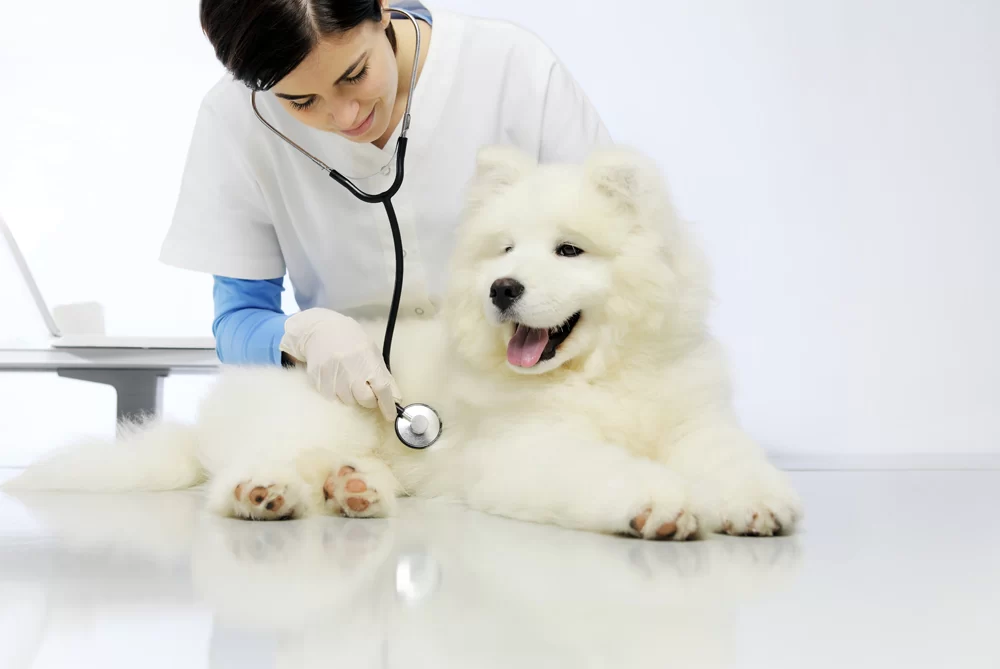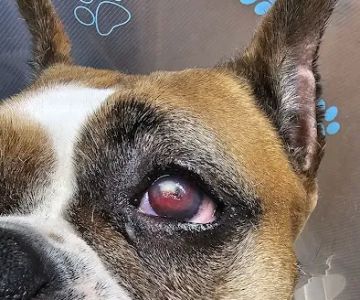Dog Emergency Vet Care: When and How to Seek Help for Your Dog
- Understanding Dog Medical Emergencies
- Common Dog Emergencies and How to Recognize Them
- When to Take Your Dog to the Emergency Vet
- How Hidden Brook Veterinary Can Help
Understanding Dog Medical Emergencies
Every dog owner should be aware that emergencies can happen at any time. Whether it’s a sudden illness, a traumatic injury, or an unexpected health complication, understanding how to react and when to seek professional help is vital for your dog's well-being.
Dog emergency vet care refers to the immediate and often critical medical attention required when a dog is injured or becomes seriously ill. While minor injuries can usually be managed at home, serious medical conditions need urgent veterinary attention to prevent further complications.
Knowing what constitutes an emergency and how to handle these situations can make a huge difference in the outcome of your pet's health. Whether you’re dealing with a bleeding wound, poisoning, or difficulty breathing, staying calm and informed is key to providing the best care for your dog.
Common Dog Emergencies and How to Recognize Them
Understanding the most common dog medical emergencies can help you identify when your pet needs immediate care. Here are a few emergencies every dog owner should be aware of:
1. Trauma and Injury
Accidents happen, and dogs can get hurt in a variety of ways. Whether it’s from a car accident, a fall, or an attack by another animal, trauma can result in bleeding, broken bones, or internal injuries. If your dog is limping, yelping in pain, or has visible wounds, it’s time to get them to an emergency vet immediately.
2. Difficulty Breathing
Breathing difficulties in dogs can be caused by a number of serious conditions such as choking, pneumonia, or heart disease. If your dog is wheezing, panting excessively, or showing signs of distress while breathing, seek emergency care right away.
3. Poisoning
If your dog ingests something toxic—whether it’s chocolate, household cleaners, or certain plants—it can lead to poisoning. Symptoms of poisoning include vomiting, diarrhea, drooling, or seizures. Don’t wait—immediate veterinary treatment is crucial.
4. Seizures
Seizures can be a sign of a serious neurological issue in dogs. If your dog experiences convulsions, unresponsiveness, or loses control of their body, take them to the emergency vet without delay. The cause of the seizure can be due to toxins, heatstroke, or underlying health conditions.
5. Bloat
Bloat (also known as gastric dilatation-volvulus or GDV) is a life-threatening condition in which the stomach twists. It can cause shock and even death if not treated quickly. Symptoms of bloat include a distended abdomen, vomiting, drooling, and restlessness. Bloat requires immediate emergency surgery to save your dog’s life.
6. Heatstroke
Heatstroke can occur if a dog is exposed to excessive heat, especially in the summer months. Symptoms include heavy panting, drooling, vomiting, and a rapid heartbeat. If you suspect your dog is experiencing heatstroke, immediately cool them down and take them to the vet for emergency treatment.
When to Take Your Dog to the Emergency Vet
While minor injuries or illnesses can often be treated at home, there are times when you should not hesitate to seek professional emergency vet care. Knowing when to take your dog to the emergency vet can make all the difference in your pet's health.
1. Sudden Collapse or Loss of Consciousness
If your dog suddenly collapses, becomes unconscious, or is unable to stand, it’s a sign of a severe medical emergency. This could be due to a heart attack, a stroke, or an internal injury. Get your dog to the emergency vet immediately.
2. Severe Bleeding
While minor cuts can be managed at home, severe bleeding that doesn’t stop after a few minutes of pressure requires professional intervention. Whether it’s from a deep wound or a serious injury, uncontrolled bleeding can be life-threatening, so don’t wait.
3. Difficulty Walking or Paralysis
If your dog is unable to walk, or if you notice paralysis in the legs, it could indicate a spinal injury, neurological disorder, or blood clot. These are serious conditions that require immediate emergency care to prevent permanent damage.
4. Inability to Urinate or Defecate
Difficulty urinating or defecating can be a sign of urinary blockage or gastrointestinal distress, which requires emergency treatment. If your dog hasn’t been able to relieve themselves for several hours, it’s time to visit the vet.
5. Persistent Vomiting or Diarrhea
Vomiting or diarrhea that lasts for more than 24 hours, or is accompanied by blood, could indicate a serious underlying condition, such as an infection, poisoning, or a gastrointestinal issue. Get your dog checked by an emergency vet to rule out any major concerns.












